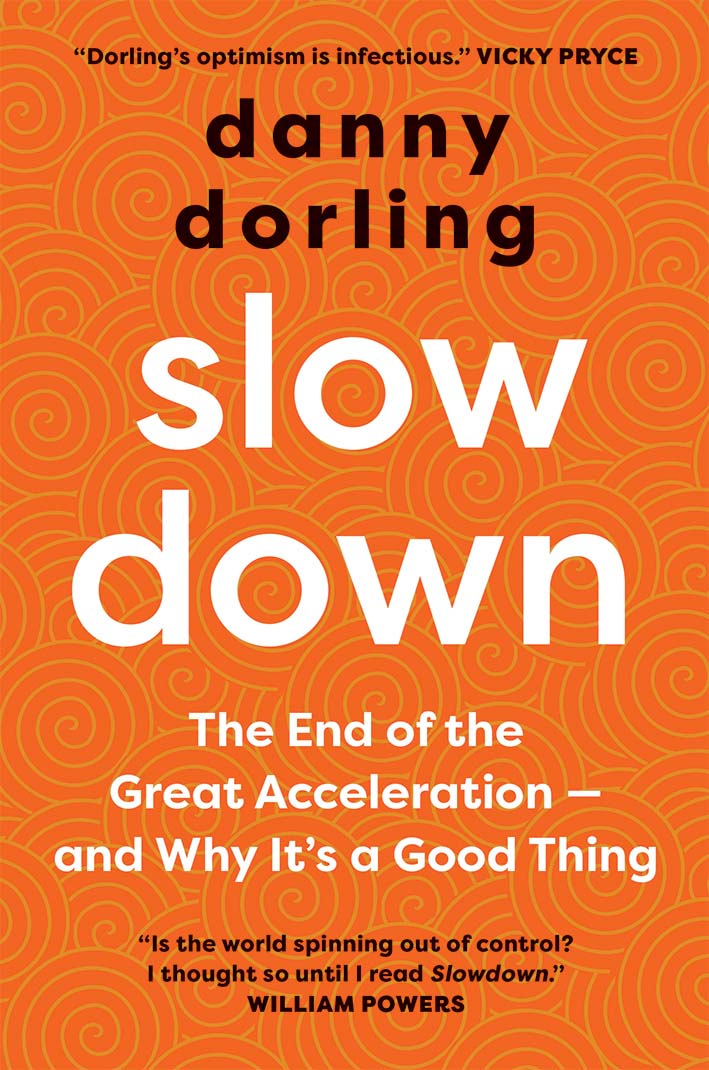-

A note on book covers: while we do our best to ensure the accuracy of cover images, ISBNs may at times be reused for different editions of the same title which may hence appear as a different cover.
Slowdown: The End of the Great Acceleration - and Why It'S a Good Thing
Slowdown: The End of the Great Acceleration - and Why It'S a Good Thing
Couldn't load pickup availability
The end of our high-growth world was underway well before COVID-19 arrived. In this powerful and timely argument, Danny Dorling demonstrates the benefits of a larger, ongoing societal slowdown.
Drawing from an incredibly rich trove of global data, this groundbreaking book reveals that human progress has been slowing down since the early 1970s. Danny Dorling uses compelling visualizations to illustrate how fertility rates, growth in GDP per person, and even the frequency of new social movements have all steadily declined over the last few generations.
Perhaps most surprising of all is the fact that even as new technologies frequently reshape our everyday lives and are widely believed to be propelling our civilization into new and uncharted waters, the rate of technological progress is also rapidly dropping. Rather than lament this turn of events, Dorling embraces it as a moment of promise and a move toward stability, and he notes that many of the older great strides in progress that have defined recent history also brought with them widespread warfare, divided societies, and massive inequality.
Details of Book
A note on book covers: while we do our best to ensure the accuracy of cover images, ISBNs may at times be reused for different editions of the same title which may hence appear as a different cover.

-
One Line Summary
Embraces slowing progress as a positive societal shift.
-
Who is this book for?
If you're intrigued by the idea that slowing growth might actually be good, this book offers a fresh perspective. Danny Dorling combines global data with engaging visuals to challenge the common fear of stagnation, framing it instead as a possible path to stability and equity. It’s a thought-provoking read for those looking to rethink what progress really means.

